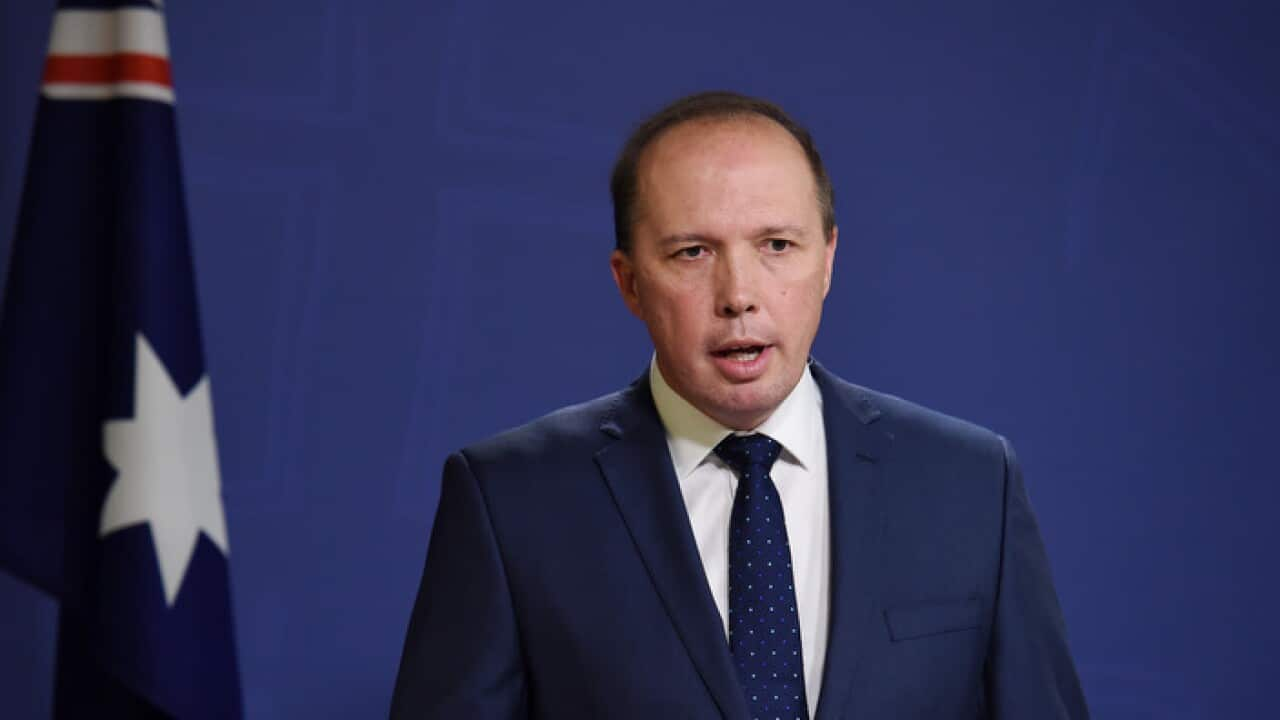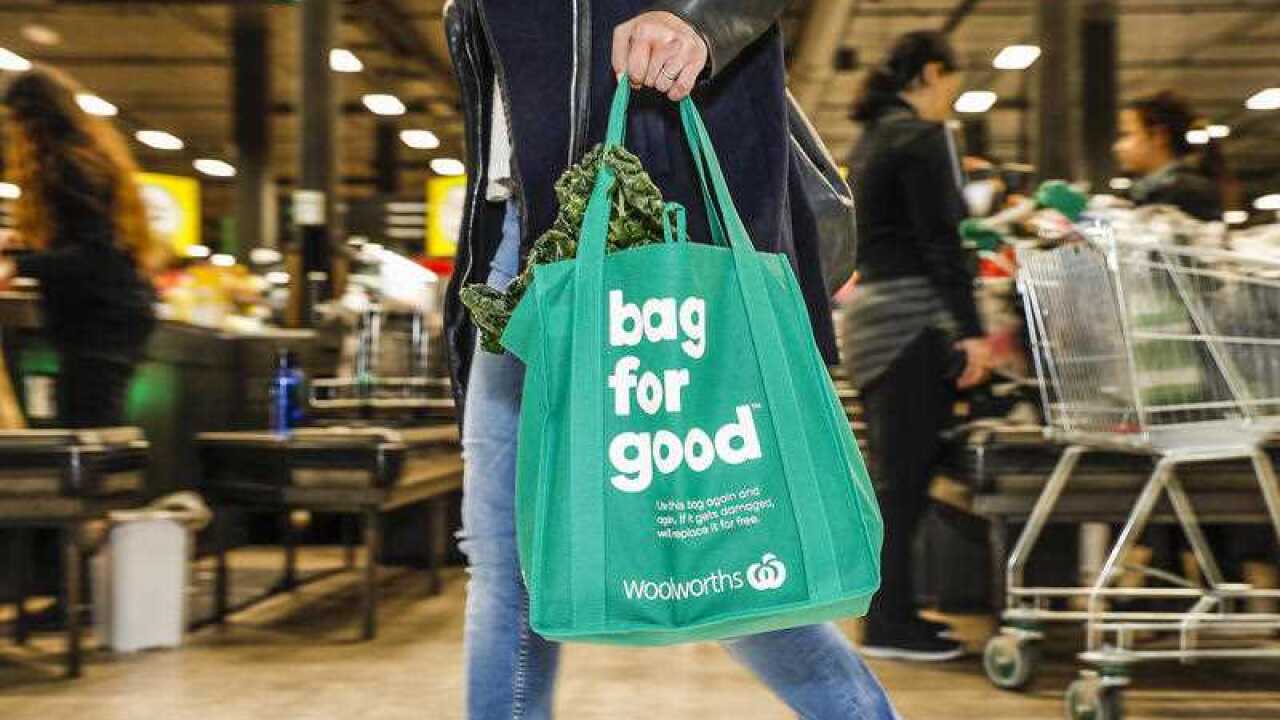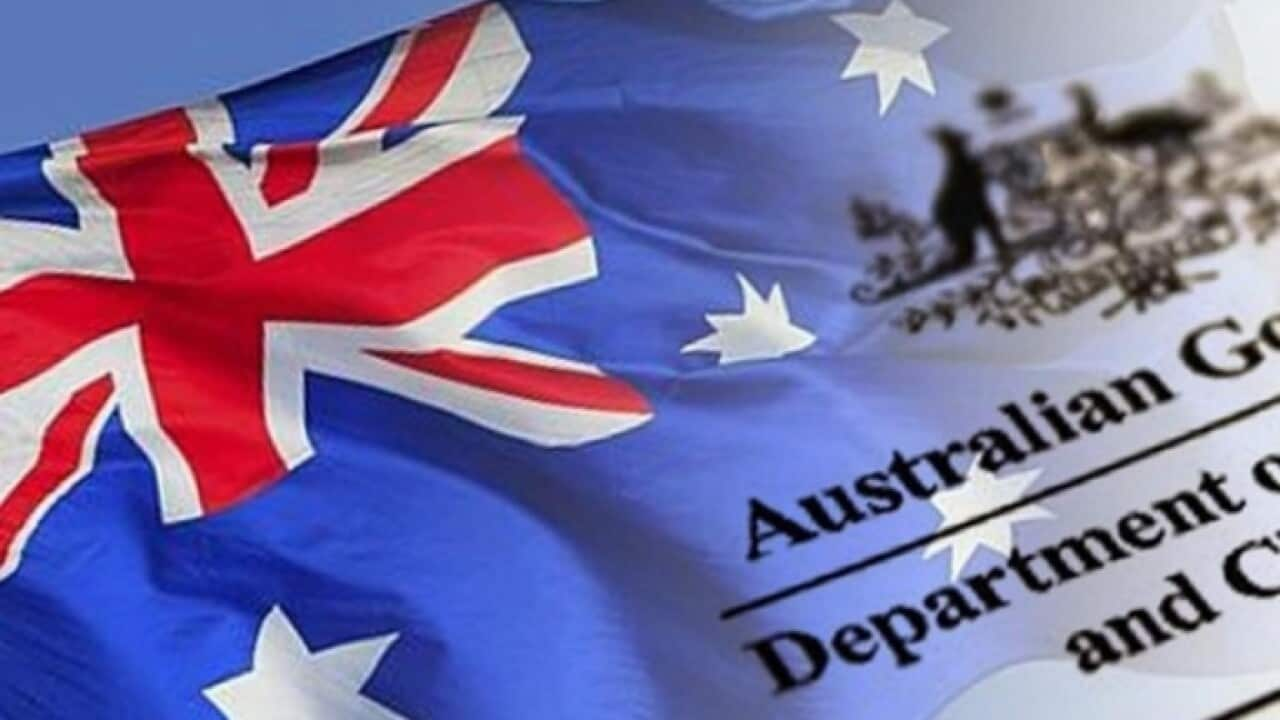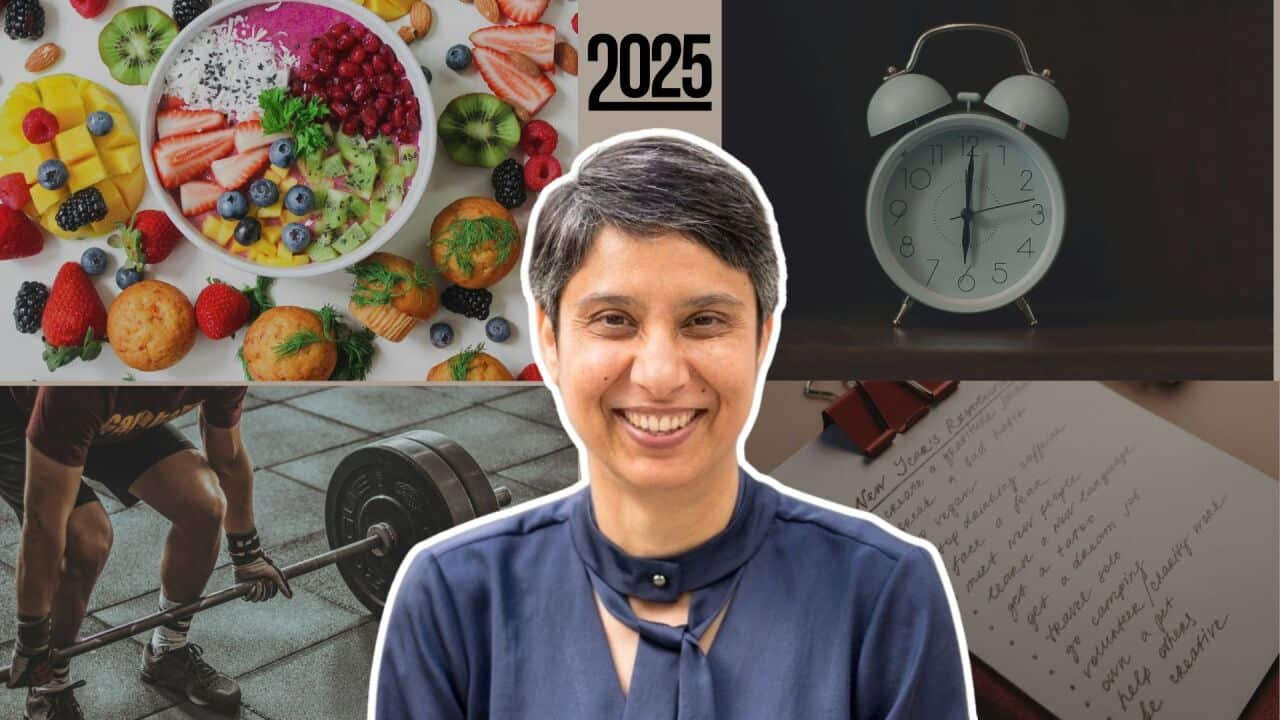If you’re heading out to do your weekly shop next week, you may be forgetting something important – your own bags.
The ban on single-use plastic bags comes into place for both WA and Queensland this weekend, with major supermarkets already phasing out the bags nationally.
But the greener approach has not been without its hiccups.
Woolworths brought their ban in on June 20th and have reported a backlash in states where bans are not in place, with customers refusing to pay for reusable bags.
The company says it will hand out free reusable bags in New South Wales, Victoria, Queensland and WA until July 8th to help its customers adjust to the new system.
Competitor Coles will begin their ban on July 1st, with the supermarket saying it has taken extra steps to protect its staff from what’s been dubbed “Bag Rage.”
But supermarkets aren’t the only retailers looking to reduce their plastic footprint.
Christoffer Tistrand set up the meal kit company Dinner Twist shortly after moving to Perth from Sweden, where recycling and reducing waste is second nature.
"Everything that we put into our boxes, we make sure that we can take it back. So when we use soft plastic, we make sure that our customers actually put them back into the box and we take them to a special processing facility."
Mr Tistrand says finding partners with a sustainable attitude was not difficult, though sourcing a recycling company that could account for certain plastics was a challenge.
"We think it's really important to take that responsibility as a business and make sure that we're not increasing the landfill that is already happening."
They work directly with their suppliers to minimise the amount of plastic used in their meal boxes and it’s a hit with customers such as Lucette Quinlan who has a house of seven to feed.
“I love the fact that it’s all sustainable that I don’t have hundreds of shopping bags that I would normally bring home. And I love how it get’s recycled, I give it back to them when they give me my next box, the next week.”
Reducing plastic usage has been on the table for a number of years, with states like South Australia banning plastic bags in 2009.
Nationally, four States and Territories already have single-use bag bans in place and on the 1st of July, WA and Queensland joined them as new legislation came into place.
This leaves Victoria, who recently announced they will join the ban in 2019, and New South Wales who are the only state without plans to phase out the bags.
But taking the war on plastic further is already being discussed, with a Senate inquiry recommending all single-use plastic bags be phased out in the next five years.
It’s an idea echoed by WA Environment Minister, Stephen Dawson, who has been promoting the upcoming bag ban in his state. “We're working on our own plastic bag ban in Western Australia, so we have that ban in place. We’re looking at how we can phase out other single-use plastics. On a national level, Ministers for the environment met recently, we’ve committed to the phasing out or the 100% recycling, reuse or compostability of single-use plastics over the next few years.”
While environment groups are welcoming the ban, they’re aware that much more needs to be done to reduce our plastic waste going forwards, with projects looking at banning other single use plastics on the radar.
Piers Verstegen is from the Conservation Council of Western Australia and says he has seen a surge in support for more sustainable ways to use plastics.
"There’s actually a lot of support out there in the community for reducing the use of these single-use plastics, and straws and takeaway containers are the next logical step.'
Mr Verstegen says reducing single-use plastics is critical in protecting our waterways and oceans, which are already at choking point.
Really, we need to get to the source of the problem, and stop this proliferation of single use plastic, which has been taking over other products. But we need to actually go back to kinds of products that can be recycled or composted or reused so that we don’t have this massive weight of plastic as a burden on the global environment.''
For now, shoppers will have to adjust to a life without single-use bags before any more major changes come in.
More stories from SBS Punjabi related to July 1 changes

Peter Dutton defends tougher threshold for Skilled Migration visas








